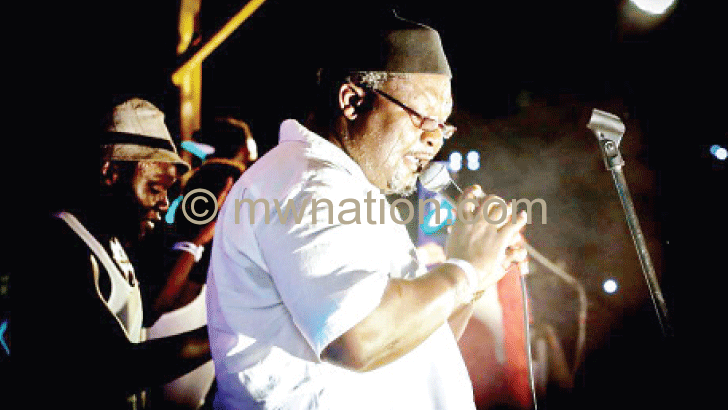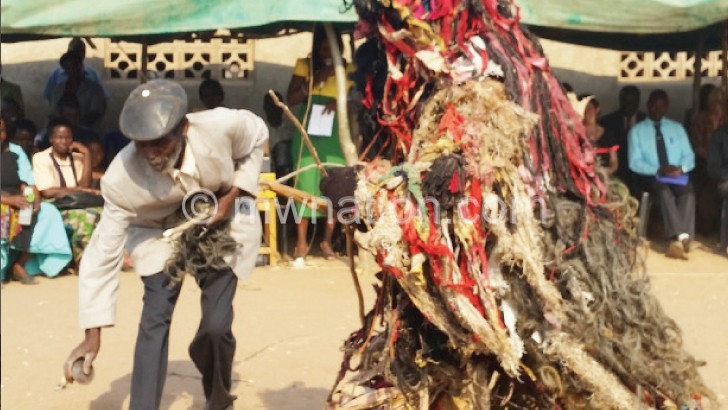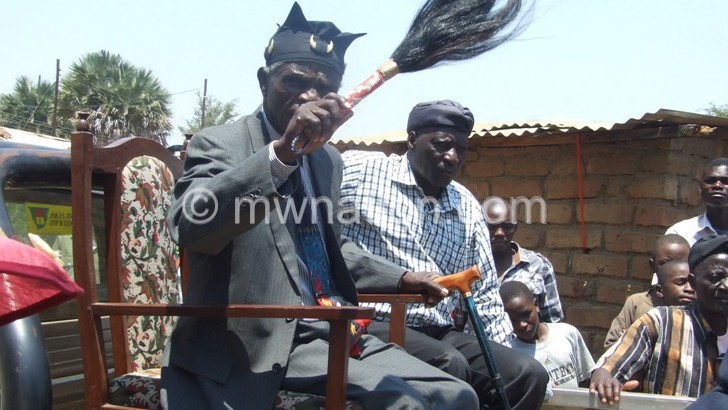Whither to Malawian dance
 Dance and Malawians just seem to be inseparable. During social, religious and political gatherings, dance forms the crucial part of the function.
Dance and Malawians just seem to be inseparable. During social, religious and political gatherings, dance forms the crucial part of the function.
For the Chewa initiation ceremony, gule wamkulu forms a part while for the Tumbuka healing ritual vimbuza dance is essential.
As argues Bernard Kwilimbe, the deputy director of culture in the Ministry of Tourism and Culture, dance defines the identity of the people, especially those in the village setting.
But when the dance is adopted by the urban community, it becomes a folkloric ballet—a folk dance that reflects the traditional culture of a particular region.
Despite the urban community muting the traditional dance, Kwilimbe says folkdance is still a major component of Malawian culture, especially in villages.
“In Nkhotakota people still practice intra and inter village dance competition. Among the Chewa, Chizangala and Chinamwali are still practised,” he says.
In a bid to promote and preserve Malawi’s traditional and performing arts, a lot of dance troupes have been established by the urban communities.
For instance, Lilongwe boasts of cultural troupes such as Kwacha, Zikomo, Kang’oma, Tiwale, Zamuzamu, among others. Blantyre has Chichiri, Sambang’oma and Kwandege. While Mzuzu has Kukaya, among others.
However, the establishment of these troupes, which has incorporated aspects of modernisation, has resulted into loss of the authenticity of the traditional dances.
“Most of these cultural troupes are really exaggerated. They give wrong impression to the youth and the populace who have never had the opportunity to come into contact with the authentic dances,” states in part a Unesco report on Inventory of Malawi’s Intangible Cultural Heritage.
However, Kwilimbe advises that dance troupes should focus on the core components that define the identity of the people, and reconstruct that which is modern to make it tradition.
“For instance, Honara, a contemporary dance performed during wedding ceremonies in Nkhata Bay, borrowed its name from Honner, the name of the accordion that was being used in the dance. But now this name is identified with the people themselves,” he says.
Probably it is this Malawian identity that would sell the cultural troupes worldwide.
As the Economic Recovery Plan (ERP) puts it, culture, which is a component of tourism, has the potential of generating revenue, employment, improve infrastructure, and promote micro small and medium enterprises (MSMEs).
Could our cultural troupes be a source of hope to such a dream?
Kwilimbe says this can happen if Malawians take dance as a career.
Says Kwilimbe: “The problem is that Malawians do not plan their time effectively. People don’t want to specialise. If they want to be dancers, let them be and specialise in it.”





